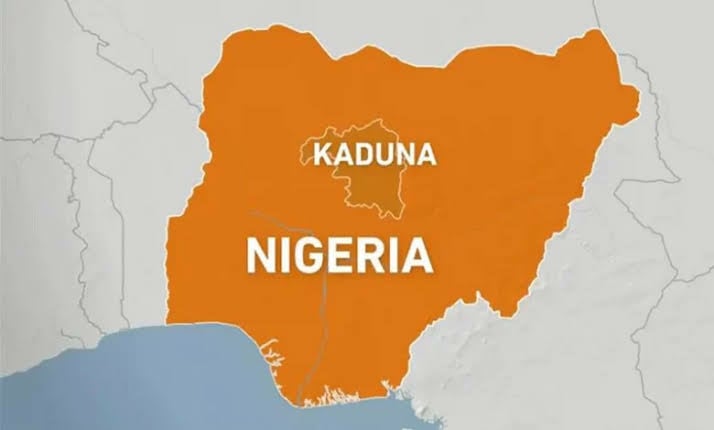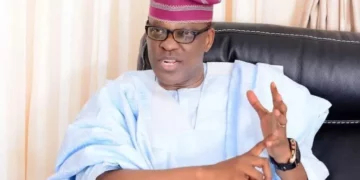Stakeholders in Kaduna State have called for stronger collaboration to improve crisis communication and preparedness against flooding and other disasters.
The call was made at a three-day workshop on crisis communication for disaster risk reduction, organised by the Christian Aid in collaboration with UNICEF, the European Union Humanitarian Aid and the Kaduna State Emergency Management Agency (SEMA).
The training, brought together civil society organisations (CSOs), journalists, SEMA officials, members of the Disaster Management Platform, and Local Emergency Management Committees (LEMCs) from Kaduna North and Chikun local government areas.
During the training, Christian Aid’s programme officer, Michael Odache Aboh, said the exercise equipped participants with tools to deliver timely and effective disaster messages, particularly on flooding.
“The training is to build capacity on how to communicate effectively during disasters. If we do not prepare, floods will take us unawares. Flooding causes alarming damage to lives and property, but with proper community engagement and early warning, risks can be reduced”.
He noted that blocked drainages, poor waste disposal, and indiscriminate dumping of refuse in waterways were worsening flooding in Kaduna. He urged residents to take responsibility by changing negative behaviours instead of waiting for government.
“Protecting communities from floods requires everyone’s effort. Christian Aid would continue to support platforms that promote disaster preparedness and resilience in Northern Nigeria.”
Also, the lead facilitator and communication specialist, Jacqueline Adebija, said the training was designed to harmonise efforts across sectors concerned with disaster management.
“We deliberately examined communication theories and tailored them to our local context because what works globally must be adapted to realities in Northern Nigeria”.
She added that the sessions focused on message development, audience analysis, and persuasive communication strategies to influence behaviour.
“The idea is not just to inform people but to persuade them to act, whether by moving to safer grounds during floods or by stopping indiscriminate dumping of waste”.
Participants at the workshop developed community-focused messages urging residents to clean drainages, avoid tree felling, maintain waterways, and move to higher grounds whenever flooding is imminent.
They also identified weak political will and poor enforcement of environmental laws as major obstacles to effective flood control, stressing that communities along the River Kaduna remain the most vulnerable during peak rainfall.
The workshop resolved that effective communication, supported by stronger collaboration among media, CSOs, emergency agencies, and local committees, is central to reducing disaster risks and saving lives.





